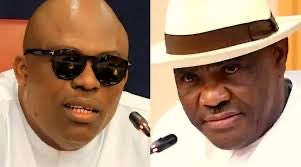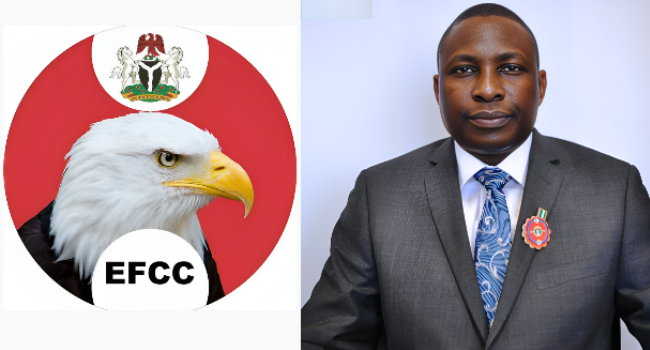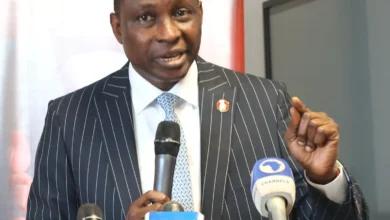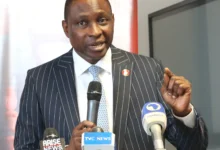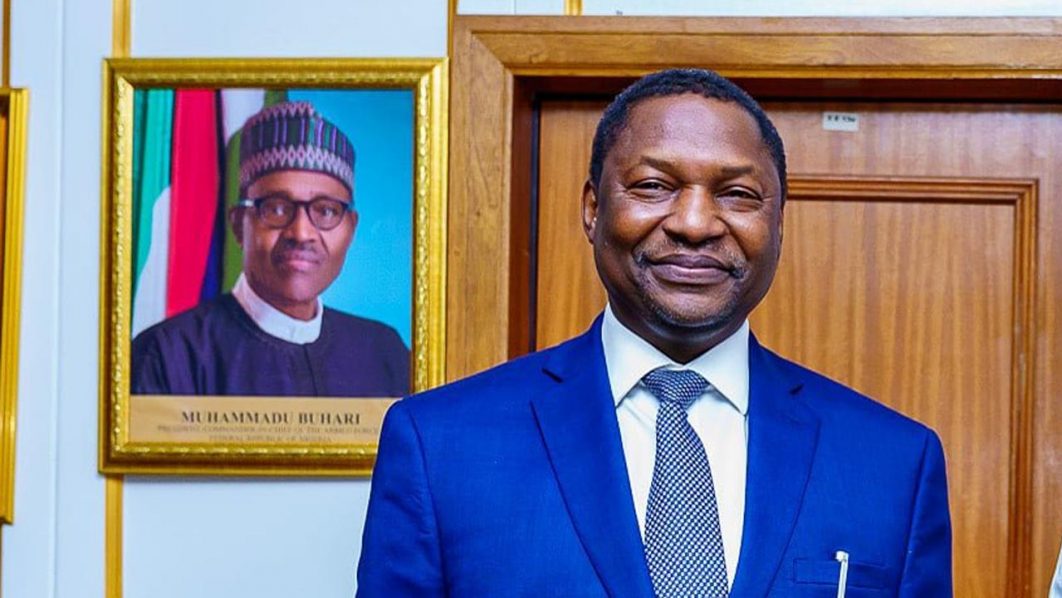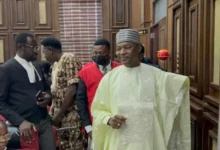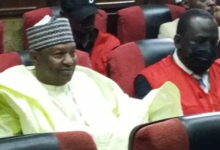Why we made u-turn, suspended Judges facing allegation of corruption – CJN
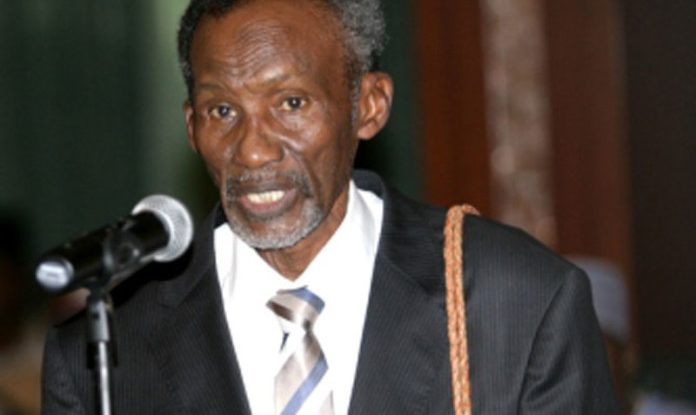
*Says NJC was confronted with proof of evidence against them
By Kemi Kasumu

Details about why the National Judicial Commission (NJC) made a u-turn and suspended the seven Judges facing allegations of corruption were laid bare, on Monday, by the Chief Justice of Nigeria (CJN) Justice Mahmud Mohammed.
The CJN revealed that the NJC asked the embattled Judges to step down because it was confronted with proof of evidence against some of them.
The NJC, Nigerian Bar Association (NBA), Socio-Economic Right Accountability Project (SERAP) and many other Nigerians were initially on the same page condemning the DSS ‘sting operation’, asking President Buhari to order immediate release of the arrested Judges and that they would not step down.
But when NBA, SERAP and other critics changed their minds and began to see the issue in the same lens with the Federal Government, which consistently remained resolute on the need to deal with any corrupt person regardless of his or her status, NJC through the CJN, who described the arrest of the Judges as shocking, stood his ground saying it would not happen that the Judges would step down.
But it later happened that the NJC, as disclosed by the CJN, not only ordered that Justices would henceforth declare their assets before taking up any judicial assignment but also that the embattled Judges should proceed on suspension pending the outcome of their trial.
At the swearing-in ceremony of two new Justices into the Supreme Court bench in Abuja, on Monday, the CJN said the NJC, which previously insisted that the Judges would not step aside, changed its position after it was shown “evidence on the ground.”
According Justice Mohammed, the NJC changed from its earlier position, “following communications it received from the Attorney General of the Federation and Minister of Justice that he was embarking on the prosecution of the affected judicial officers based on the evidence on the ground.”
It would be recalled that the said Judges were arrested by operatives of the Department of State Services (DSS) between October 7 and 8, following which the Nigerian Bar Association (NBA) and some senior lawyers asked the judges to stop presiding over cases, pending their trial.
Two Supreme Court Justices Inyang Okoro and Sylvester Ngwuta were among seven superior court judges affected by the DSS ‘sting operation’, which allegedly led to the recovery of huge sums of money, including foreign currencies, from their homes.
The two jurists, who had since exited the apex court bench, are currently on administrative bail from the DSS, pending their trial over money laundering charges.
 Justice Mahmud Mohammed said the decision that the NJC took after its last meeting, directing all the embattled Judges to desist from further presiding over cases or carrying out any judicial function pending their trial, was informed by its desire to preserve the independence of the judiciary.
Justice Mahmud Mohammed said the decision that the NJC took after its last meeting, directing all the embattled Judges to desist from further presiding over cases or carrying out any judicial function pending their trial, was informed by its desire to preserve the independence of the judiciary.
He said: “We proclaimed to the world that any judicial officer that is standing trial will cease to perform judicial functions.
“A common thread that runs through all Judiciaries is that judicial officers are traditionally accorded the highest dignity and respect by all.
“This is because Justice is rooted in confidence and where confidence in our Judges is undermined and independence eroded, it is the nation that ultimately suffers most, while true democracy is fatally undermined.
“We must not forget that we operate a constitutional democracy, which clearly prescribes the powers accorded to each organ of the state.
“I, therefore, wish to state without fear of contradiction that the third arm of government will remain resolute in its commitment and resolve to uphold its independence and to adjudicate with utmost fairness and Justice as prescribed in our constitution and the law.”
On the swearing-in of the two new Supreme Court Justices Amina A. Augie and Ejembi Eko, the CJN said they joined the apex court “at a time when there are a lot of challenges.”
While enjoining the new jurists to abide by the oaths they took and dispense Justice without fear or favour, the CJN thanked President Muhammadu Buhari and the Senate for approving their appointments as recommended by the NJC.
He said: “Now, more than ever, it is important to be firm, honest and steadfast in the discharge of your duties, while striving to emulate the greats of this court by enthroning the rule of law and respect for our courts.
“My lords, ladies and gentlemen, this ceremony takes place against the backdrop of peculiar circumstances for the third arm of the government of our beloved nation.
“It bears reminding that the powers of this court and, indeed, all courts, lie in the Constitution of the Federal Republic of Nigeria, 1999, as amended.
“The Constitution is the ultimate repository of the consent of the people and remains the sovereign mandate that forms the bedrock of an independent judiciary,” Justice Mohammed, CJN, said.


